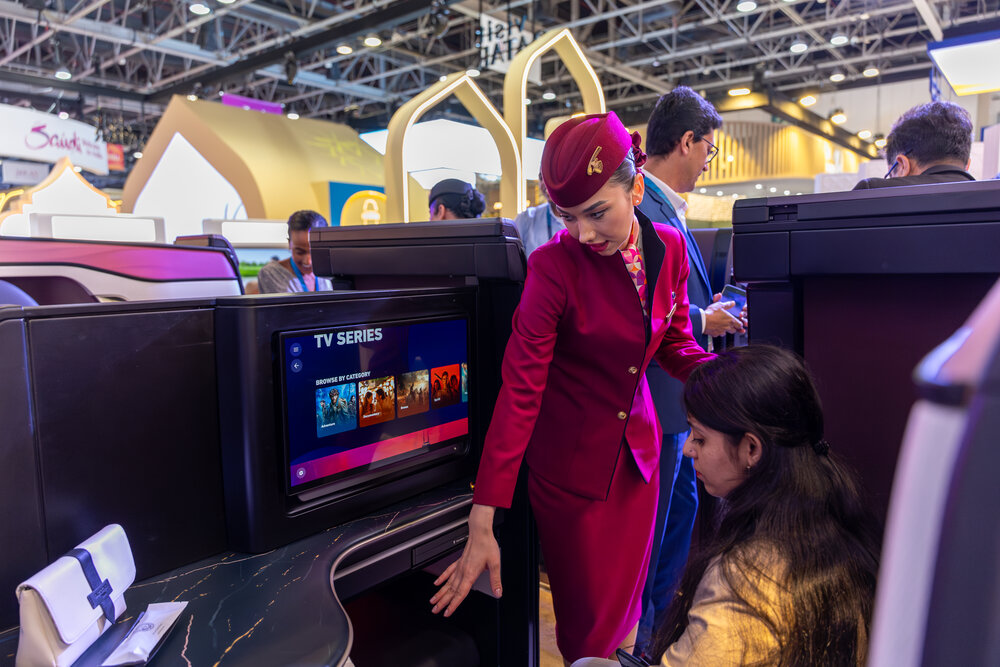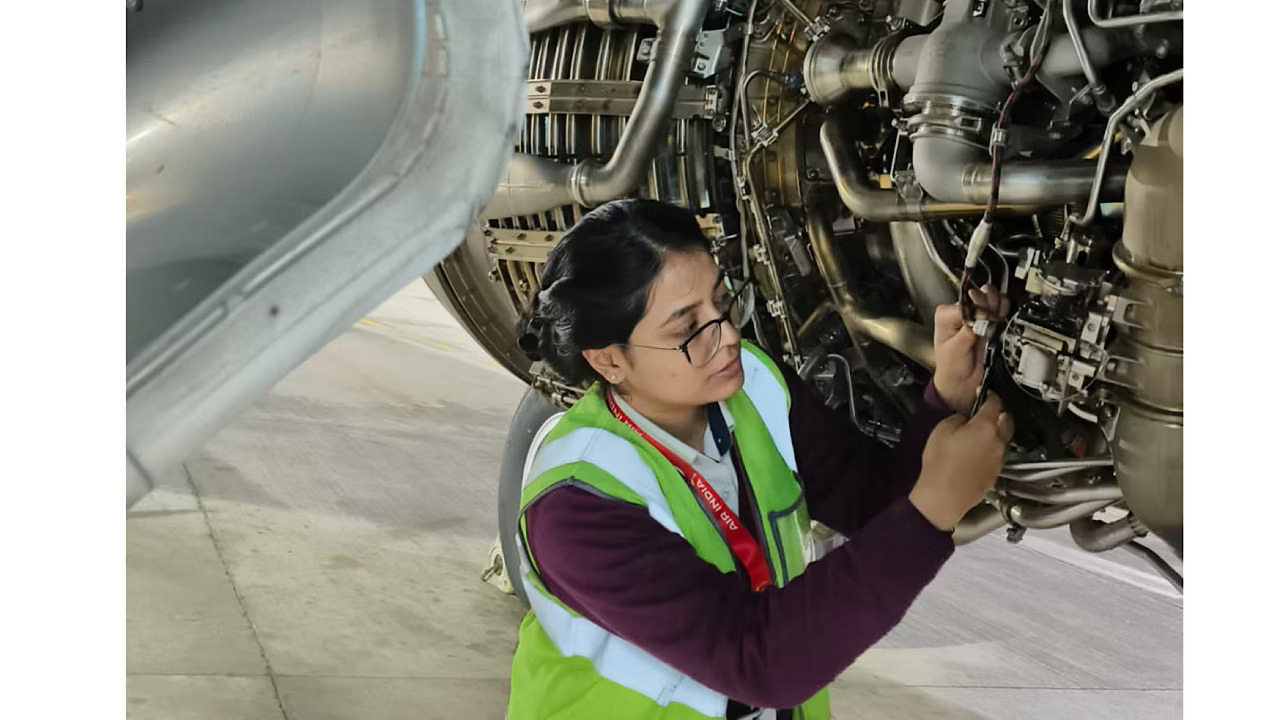
İGA Istanbul Airport achieved a historic milestone on April 17, 2025, becoming the first airport in Europe to fully operationalize Triple Independent Parallel Runway Operations (TRO), allowing three aircraft to take off or land simultaneously across dedicated runways.
The landmark launch, overseen by Türkiye’s Transport Minister Abdulkadir Uraloğlu, showcased three Turkish Airlines flights departing in unison: an Airbus A321neo (TC-LSP) bound for Kayseri, an A350-900 (TC-LGU) en route to Amsterdam, and a Boeing 777F freighter (TC-LJL) headed to Almaty.
This innovation boosts the airport’s hourly flight capacity by 23%—from 120 to 148 movements—streamlining operations, minimizing delays, and reducing environmental impact through optimized air traffic management.
Cutting-Edge Infrastructure and Safety Protocols
The system, developed with 1,035-meter lateral spacing between runways (exceeding international standards), integrates advanced radar technology, AI-driven predictive analytics, and Airport Collaborative Decision-Making (A-CDM) platforms to ensure seamless coordination.
Automated tools monitor real-time flight paths, prevent runway conflicts, and allocate slots efficiently, while enhanced navigation systems guarantee precise aircraft separation. Over 500 air traffic controllers completed 4,500 hours of rigorous training using state-of-the-art simulators to master complex traffic scenarios, ensuring flawless implementation.
Collaborative Milestone for Global Connectivity
Initiated in late 2022, the project involved Türkiye’s General Directorate of State Airports Authority (DHMI), Civil Aviation Authority (SHGM), Turkish Airlines, and Eurocontrol, with airspace redesigns adhering to strict safety protocols. Istanbul Airport, which managed 80 million passengers and 517,284 flights in 2024, now connects 321 global destinations via 110 airlines.
The upgrade aligns with its long-term vision to serve 200 million annual passengers, solidifying its status as a critical nexus between Europe, Asia, and Africa for both passenger and cargo traffic.
Sustainability and Global Leadership
By reducing aircraft idle times and fuel consumption, the TRO system advances Türkiye’s sustainability goals, curbing emissions in line with global climate targets. Istanbul joins elite airports like Atlanta and Dallas Fort Worth in operating triple-runway systems, but stands apart in Europe for its fully independent operations—surpassing Amsterdam Schiphol’s segregated model.
Mehmet Kalyoncu, İGA Board Member, hailed the achievement as a “transformative leap” in aviation technology, positioning Türkiye as a pioneer in next-generation air traffic solutions and reinforcing Istanbul’s role in shaping the future of global aviation networks.














.jpg)














-1064b2-large-1745848819.jpeg)

-4f6fa6-large-1745848821.jpeg)
-1dc918-large-1745931196.jpg)
-43a0e0-large-1745931200.jpg)
-53bb50-large-1745931198.jpg)



.jpg)













.jpg)
.jpg)
.jpg)

.jpg)





